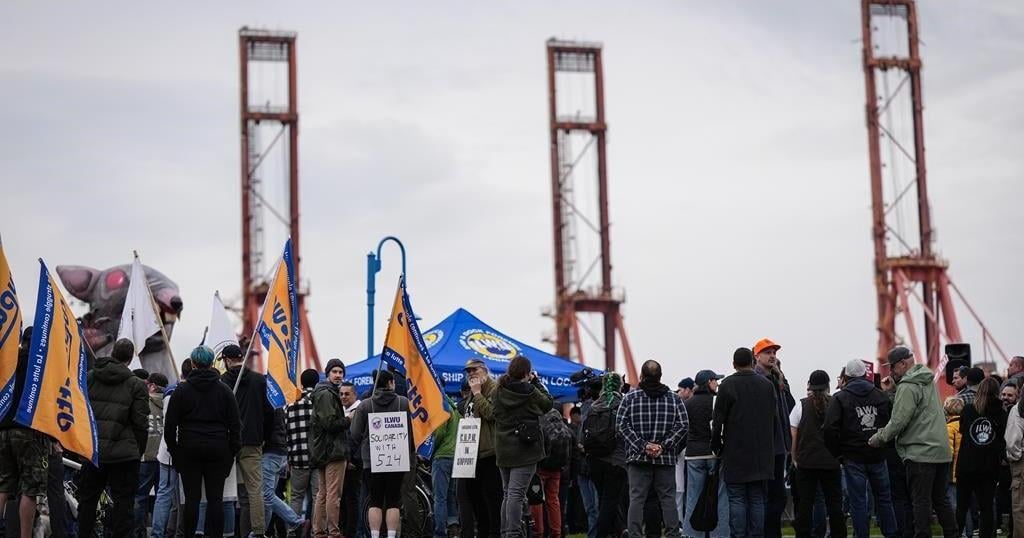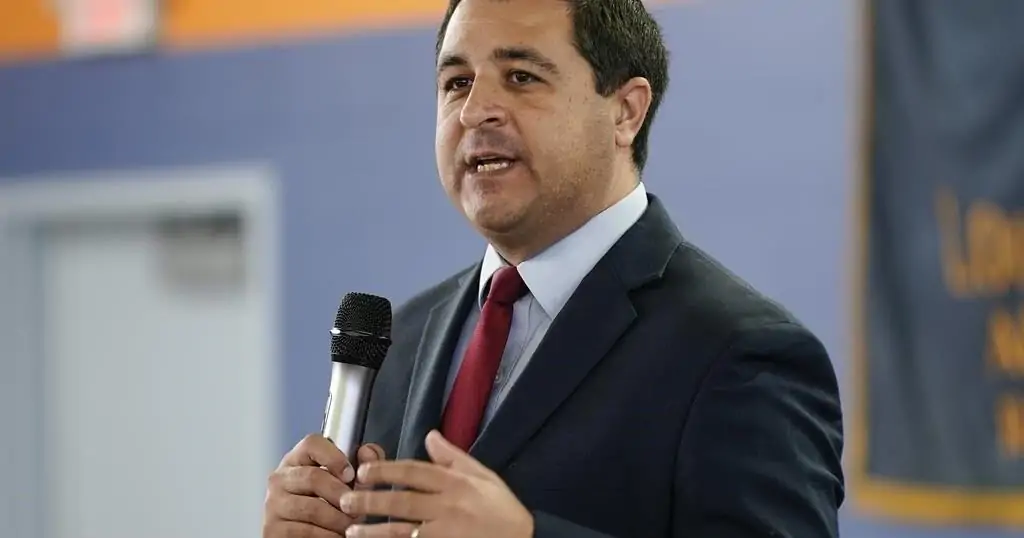TORONTO – New details are emerging that link a suspected transnational drug trafficking ring allegedly run by a wanted Olympian to an April homicide in Ontario.
An affidavit filed by a Toronto police officer assigned to the fugitive squad says evidence collected from the cellphone of a suspected ring member shows how the group orchestrated the man’s death.
The documents kept by a Toronto court allege the ring’s second-in-command Andrew Clark would hire “hit men,” including Malik Damion Cunningham, who used the aliases Jamal Abukar and MrPerfect (sic).
The documents allege Clark provided Cunningham with a list of targets to murder, including one man known in court records as R.F.
The documents say the pair chatted over encrypted messaging service Threema about the target list, with Cunningham allegedly telling Clark, “Give me the easiest one first,” adding he would need a car, a fake ID, and a “place to bring the gun after.”
Clark, meanwhile, allegedly told Cunningham to “drive over niagra blow this guys top off.” (sic)
The affidavit says the conversations occurred before R.F. was shot and killed in front of his Niagara Falls home on April 1.
On Oct. 17, Niagara Regional Police said the United States Department of Justice and the Federal Bureau of Investigation had arrested several individuals in connection with the April 1 murder of 29-year-old Randy Fader.
The same day Clark, Cunningham and former Canadian Olympic snowboarder Ryan James Wedding were named in a California indictment filed against 16 suspects who allegedly moved hundreds of kilograms of cocaine through North America and orchestrated several murders.
The indictment said Wedding, Clark and others were involved in a scheme to transport cocaine from Mexico to the Los Angeles area, where it was allegedly stored in stash houses before delivery to couriers for transportation to Canada using long-haul semi-trucks.
“The organization resorted to violence — including multiple murders — to achieve its aims,” the U.S. Attorney’s Office said in an Oct. 17 press release.
Wedding and Clark, the office alleged, directed the Nov. 20, 2023, murders of two people in Ontario in retaliation for a stolen drug shipment that passed through Southern California. Another member of that family survived the shooting but was left with serious physical injuries, the office said.
Wedding and Clark allegedly also ordered the murder of another victim on May 18 over a drug debt, while Clark and Cunningham have been charged with the April 1 murder in Niagara.
Clark was arrested on Oct. 8 by Mexican law enforcement.
Wedding, who competed for Canada at the 2002 Winter Olympics in Salt Lake City, had been living in Mexico.
His aliases include “El Jefe” and “Public Enemy” and he is facing eight felony charges, including conspiracy to export cocaine, three counts of murder in connection with a continuing criminal enterprise and one count of attempted murder.
He is considered a fugitive, with the FBI offering a US$50,000 reward for information leading to his arrest and extradition to the U.S.
If convicted, the U.S. Attorney’s Office says Wedding, Clark, and Cunningham would face a mandatory minimum penalty of life in federal prison on the murder and attempted murder charges.
This report by The Canadian Press was first published Oct. 26, 2024.
— with files from Sonja Puzic in Toronto





















